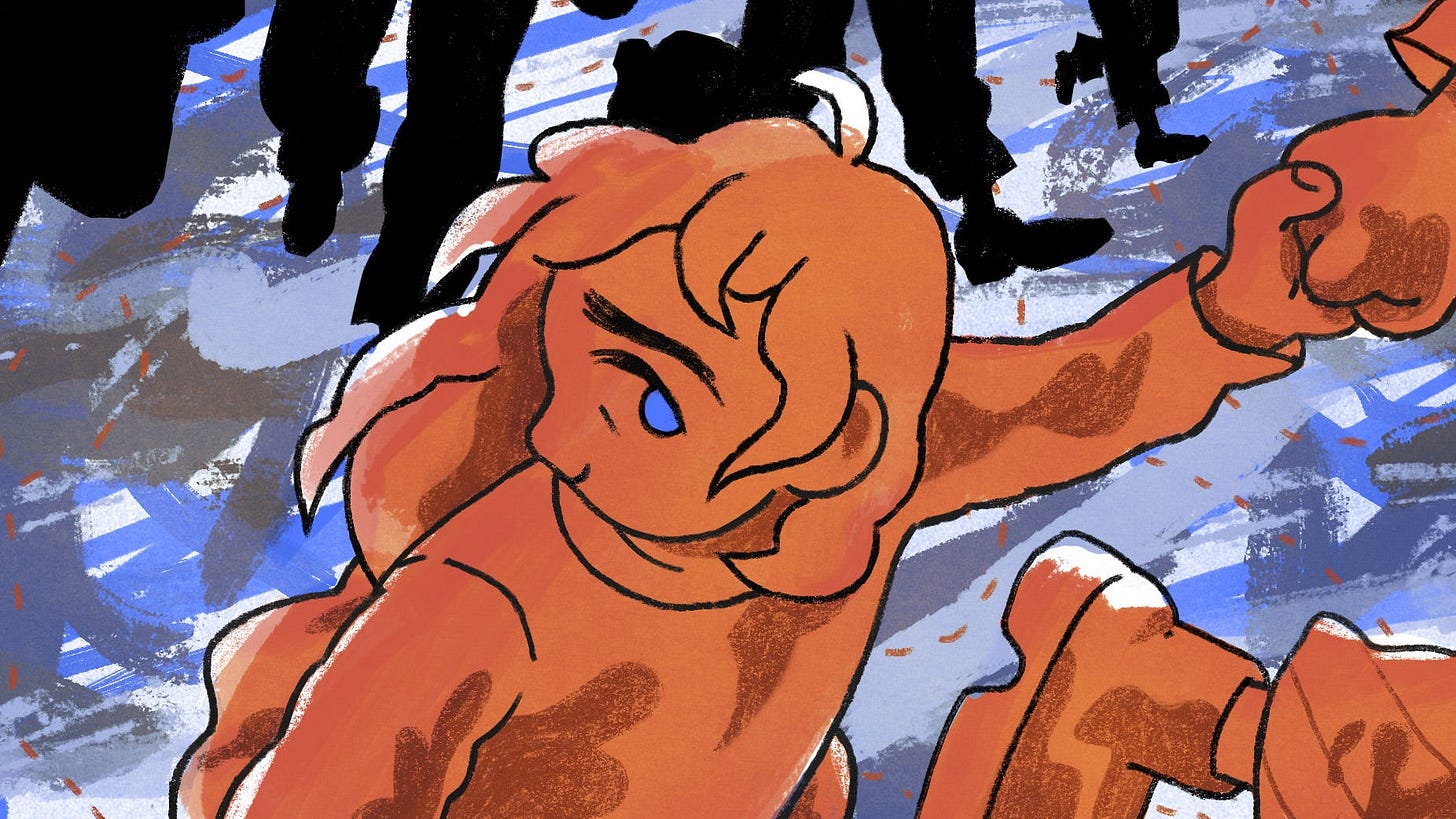My Childhood on the Run From the FBI
I didn't think twice about the fact that we moved a lot, or that Dad always traveled separately. Then one day in middle school, Mom finally explained that we were fugitives.
No one talked in the waiting room. A man with his back bent swept the clean floors, slowly. I wondered if he was a prisoner too. We were late because I had tried on one outfit and then another, reverted back to the first, put on some makeup and then took it off. I was 13 years old, visiting my father in prison for the first time, and it was easier to worry about what to wear than what I might feel when I saw him. Dad had sent my sister, Caitlin, and me instructions before we flew over to California from England where we lived with our mother. “Watches, open-toed shoes, see-through clothing, tight pants, revealing shirts or blouses, halter or sleeveless shirts, hoodies, athletic pants or jogging shorts are not allowed.” There were other rules too, like we could only hug when saying hello and goodbye. Caitlin was two years older than me, covered in clusters of freckles just like our dad. She was the strong one; at times it was hard to tell she was even aff…
Keep reading with a 7-day free trial
Subscribe to Narratively to keep reading this post and get 7 days of free access to the full post archives.




